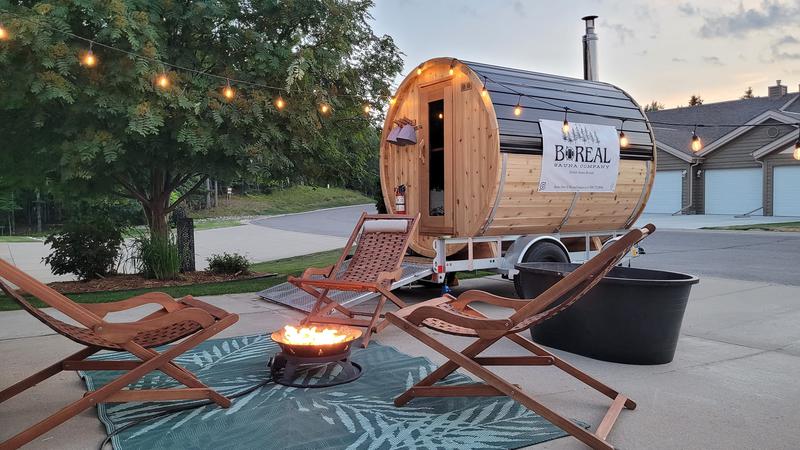
ELECTION 2016: Meet candidate Joe Hargrave
Joe Hargrave is the SaskParty candidate for Prince Albert Carlton. His campaign headquarters is located at C-2990 2nd Ave. W. in Prince Albert.
paNOW has posted two previous candidate interviews and intends to interview all Prince Albert candidates.
Dana Reynolds: If elected how would you help the following groups: children under 18, young families and seniors?


